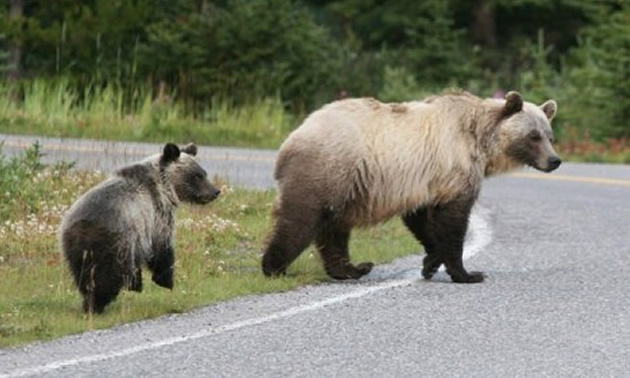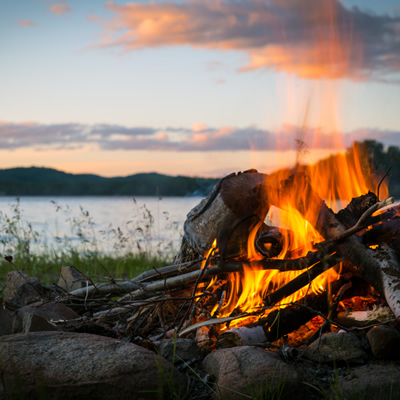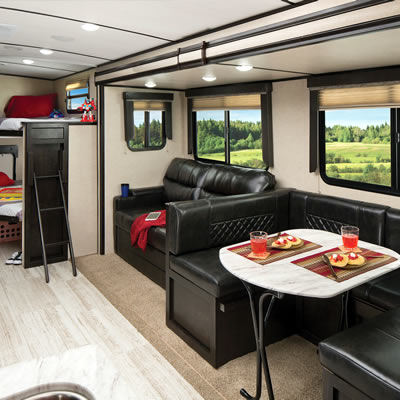Bear encounters: what you need to know

Bears are one of our province’s wild species and we need to be cautious and alert when we head out into bear habitat. Although rare, bear encounters and attacks do happen and it’s easy to forget what to do or panic if it does happen. Remember that most bear encounters and attacks can be prevented and almost always bears aren’t seeking conflict with humans.
Alberta’s BearSmart website provides resources for everyone heading into Alberta’s outdoors. Some tips include:
- Carrying bear spray.
- Making loud noises – bear bells are ineffective. It’s better to talk loudly, sing songs, break sticks or clap sporadically.
- Keeping food and garbage in airtight containers, and store anything that may have the smell of food or garbage away from you and out of the reach of bears.
- Avoiding trails with thick brush, tight corners and hilly areas. Mountain bikers should cycle on established trails with clear lines of sight.
- Ensuring all dogs are kept on leash.
- Respecting area closures.
What to do if you spot a bear
If the bear doesn’t see you:
- Don’t attract attention. Leave the way you came without calling attention to yourself. Retreat slowly while keeping your eye on the bear.
- If you must move forward, give the bear a wide berth. If you have no choice but to move forward, give the bear as much space as you can.
- Stay alert. Even if you think you are a safe distance away from the bear, remain quiet and alert. Continue watching for the bear until you reach your destination.
If the bear sees you:
- Look around for cubs or an animal carcass; the bear will want to protect them. If you see either, back away.
- Stay calm and back away slowly. Do not run.
- Speak to the bear in low tones and prepare to use your bear spray.
Bear attacks
All bears are individuals, so all bear encounters will be unique. Remember, bears can run more than 60 kilometers an hour – running from a bear isn’t advisable and can in fact trigger an attack.
A common belief is that you should play dead immediately – unfortunately there are vastly different approaches you should take dependent on the bear’s behaviour. There are two types of behaviour associated with bear attacks:
Defensive – exhibited when a bear is threatened and is usually defending something such as cubs, food or themselves.
Predatory or non-defensive – the bear shows no signs of stress. It will be looking to assert its dominance and potentially attack or kill.
Remember that these behaviours can switch during an encounter.
What to do
Defensive bear
A bear that demonstrates defensive behaviour feels stressed or threatened. It may display changes in body posture, vocalization and body movements, such as ears going back, swatting at the ground, swaying the head, or even charging at you.
Play dead – this will show the bear you are not a threat. If it is clear that it is a defensive encounter, lie face down on the ground the moment just before contact is made.
- Leave your pack on – it will help protect you;
- Clasp your hands around the back of your neck to protect it;
- Remain as quiet and still as possible;
- Don’t move until you are sure the bear has left the area;
- If the attack is prolonged or if the bear starts to bite, fight back
Predatory/Non-defensive bear
A bear that is aware of a human presence and approaches showing no signs of stress is behaving in a predatory or non-defensive manner. The head may be up, the ears forward and there will be little or no vocalization.
- If a bear attacks (particularly a black bear) fight back.
- Use bear spray
- If you don’t have bear spray, kick, punch and hit the bear with rocks or sticks or any improvised weapon you can find.








